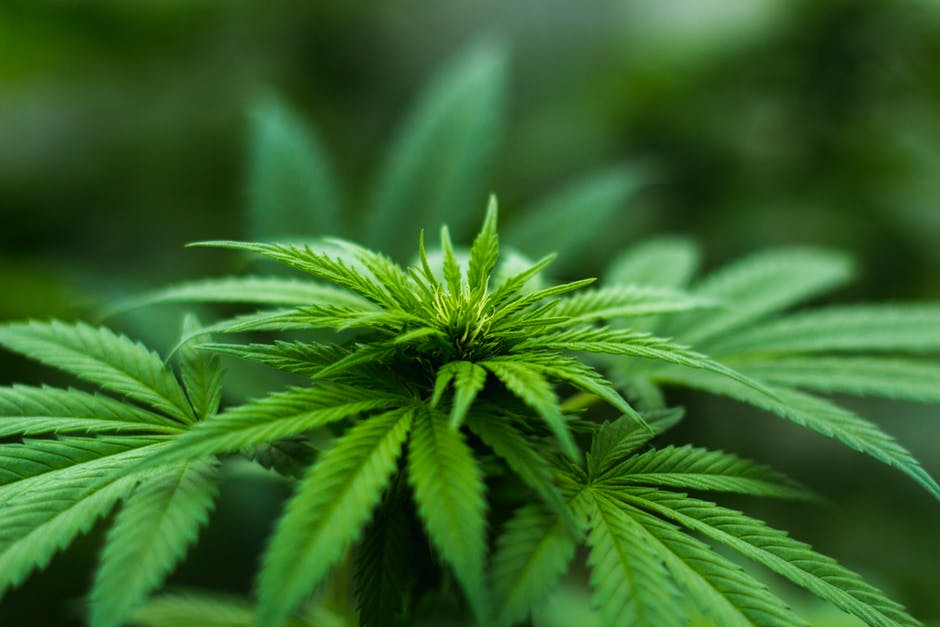Students weigh in on marijuana legalization in Illinois
January 21, 2020
Illinois became the 11th state to legalize the recreational sale of marijuana on Jan. 1 after Governor J.B. Pritzker signed the bill into law in June. Adults over the age of 21 can now purchase marijuana for recreational use from licensed sellers with or without a medical marijuana card.
The Elmhurst City Council unanimously voted to opt-out of the state legislation and banned recreational marijuana sales, along with several surrounding communities such as Bensenville, Oakbrook, Glen Ellyn and other Chicago suburbs.
While students are unable to legally purchase recreational marijuana until they’re 21, there are a variety of opinions on this topic throughout the halls of York. Of 103 students surveyed, 86% said they supported the legalization of marijuana in Illinois, while 40% said they supported Elmhurst’s decision to opt-out of marijuana sales.
“It’s a fairly harmless substance compared to alcohol or other drugs,” senior Brian Pratt said. “Arrests and convictions for marijuana possession and dealing disproportionately affect minority communities as well as people who are poorer. By legalizing it, we are preventing the needless arrests of innocent people.”
15 other respondents of the survey mentioned marijuana being harmless or having few negative side effects. Some disagreed, categorizing marijuana with other addictive drugs.
“Any drug is a drug and addiction is addiction,” an anonymous senior said. “It can ruin a person’s life.”
On the other hand, students pointed out that there are physical benefits from marijuana. Some voiced their support for the legalization of medical marijuana but not recreational. One anonymous respondent even described that one of their family members uses recreational marijuana for pain relief.
“I believe that marijuana is extremely beneficial for medicinal purposes, but should only be used for those purposes to help people who are in actual need of marijuana’s pain-relieving benefits,” sophomore Annalise Belzile said.
Other than the argument over health implications of marijuana, 17 respondents brought up the discussion of tax revenue Illinois would receive from legalization.
“Taxes that are gained from the purchases of recreational marijuana will help our state out of debt and help fix roads, hopefully,” senior Michael Smith said.
The Illinois Department of Financial and Professional Regulation found that Illinois generated nearly $20 million from adult-use cannabis sales in the first 12 days of 2020. Marijuana supporters argue that not only will legalization help Illinois out of debt, but it will also help solve issues in our state’s jail system.
“There are numerous wrongly-convicted felons not just in Illinois, but across the country who have been incarcerated for many years on petty marijuana charges from hyper restrictive laws that shouldn’t have been created in the first place,” senior Julian Wrobel said.
Despite the arguments for and against the legalization of marijuana, students may be wondering: how does this issue affect them? York administration is working to find an answer to that question.
“Just like alcohol or cigarettes, it’s going to be more accessible now that it’s legalized,” Principal Erin Deluga said. “We want our students to make smart decisions, but we need to be prepared as a district to talk about what that might look like.”
The National Institute on Drug Abuse reported in 2019 that 35.7% of 12th graders and 28.8% of 10th graders had used marijuana in the past year, while 22.3% of 12th graders and 18.4% of 10th graders had used marijuana in the past month. These numbers reveal that many high schoolers do use marijuana, so legalization will impact students, for better or for worse.
“People are doing it anyway, at least now they know what we are smoking for sure,” junior Jalitz Gutierrez said. “Plus, it generates a large amount of sales and with the high taxes it can help pay off some of our debt.”
While there are obviously numerous costs and benefits, Illinois has made the decision to legalize recreational marijuana nonetheless, and residents will see how the choice plays out over time.
“Regulations and rules should be put in place such as stricter enforcement of the legal age to smoke,” senior Graham Reid said. “These regulations are necessary so that younger people and teenagers don’t have access to this, as the current epidemic is damaging to their physical and mental health.”


